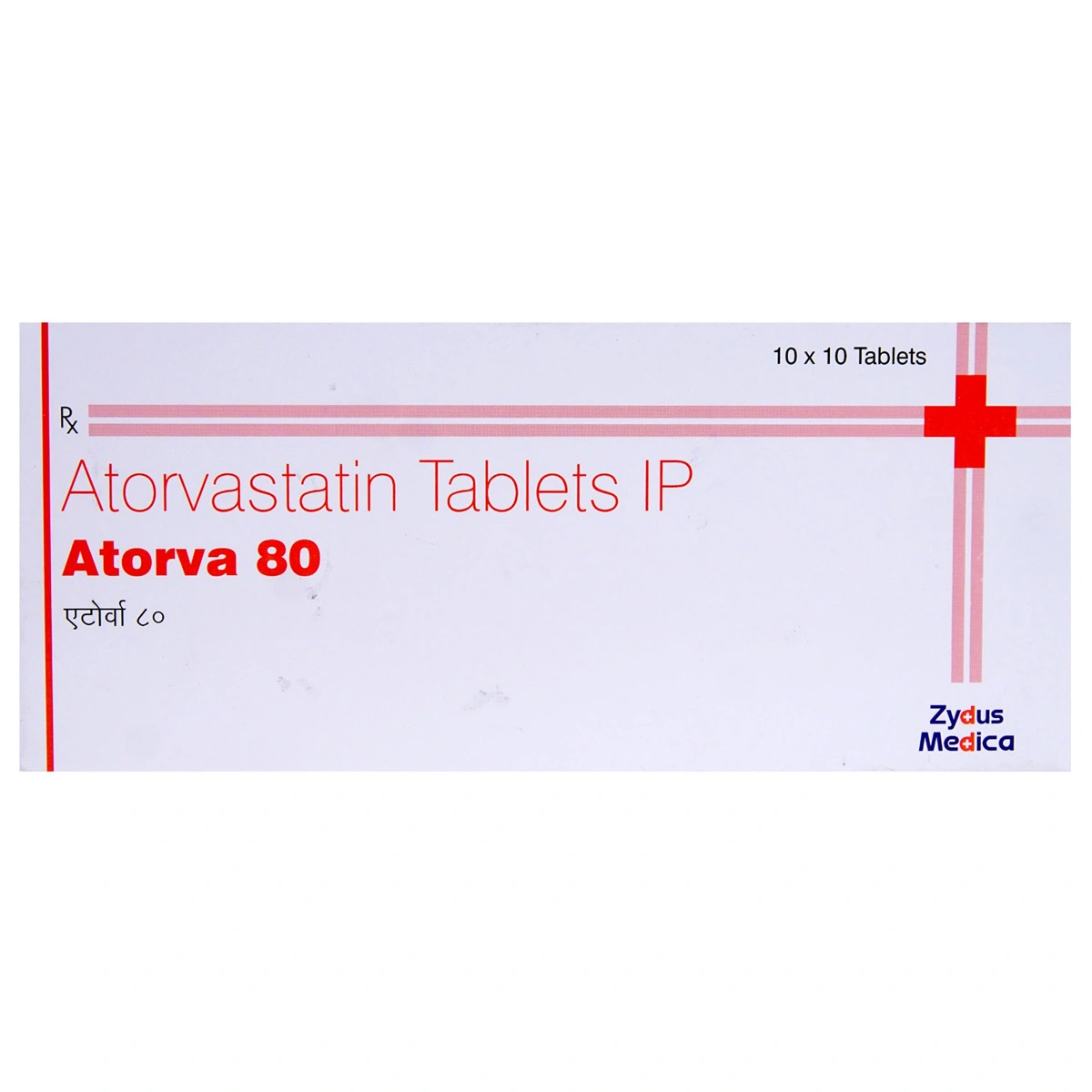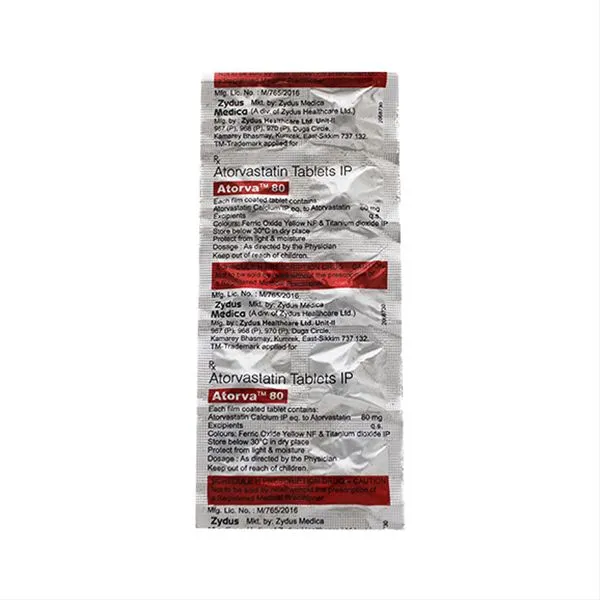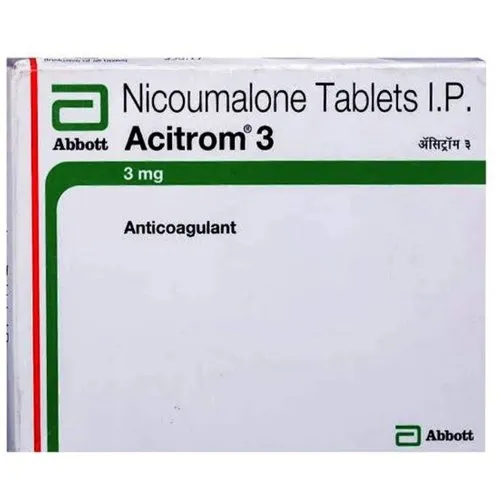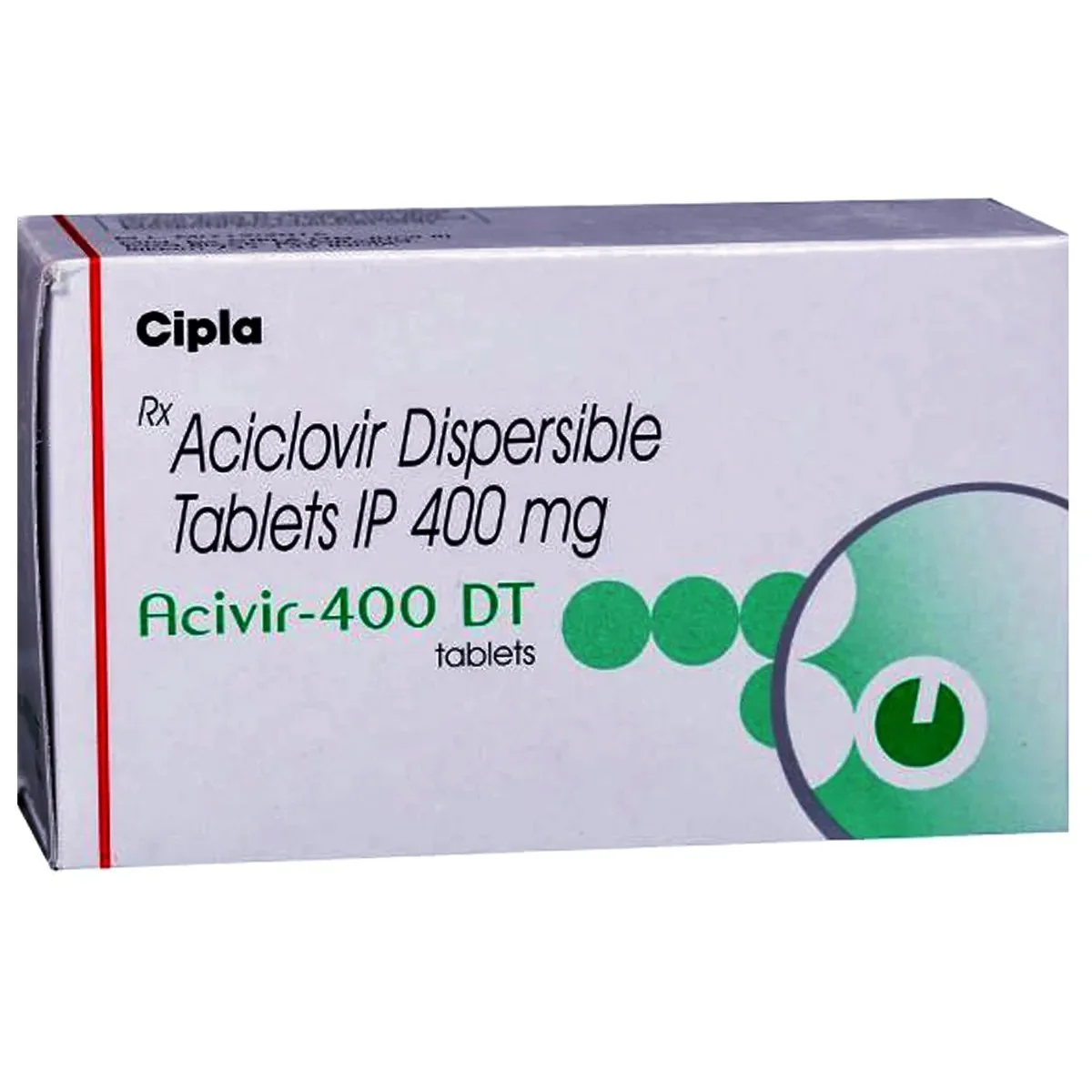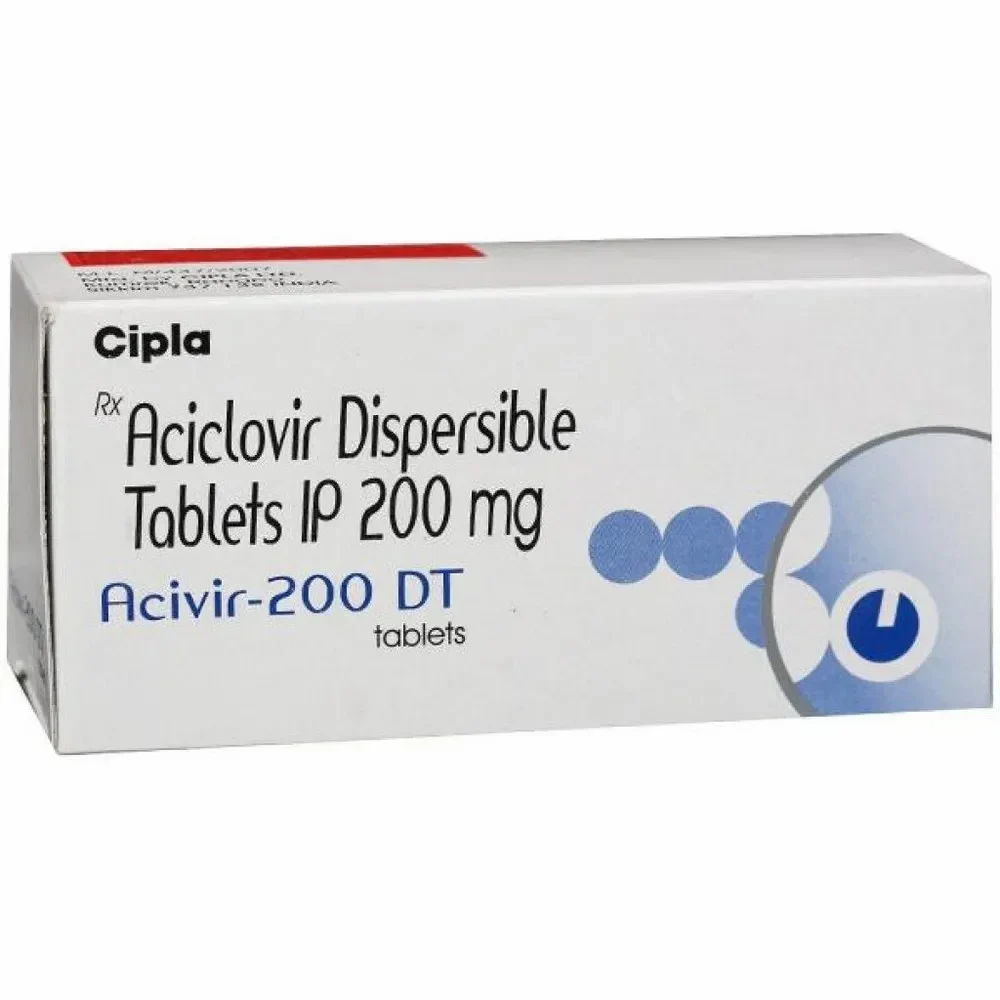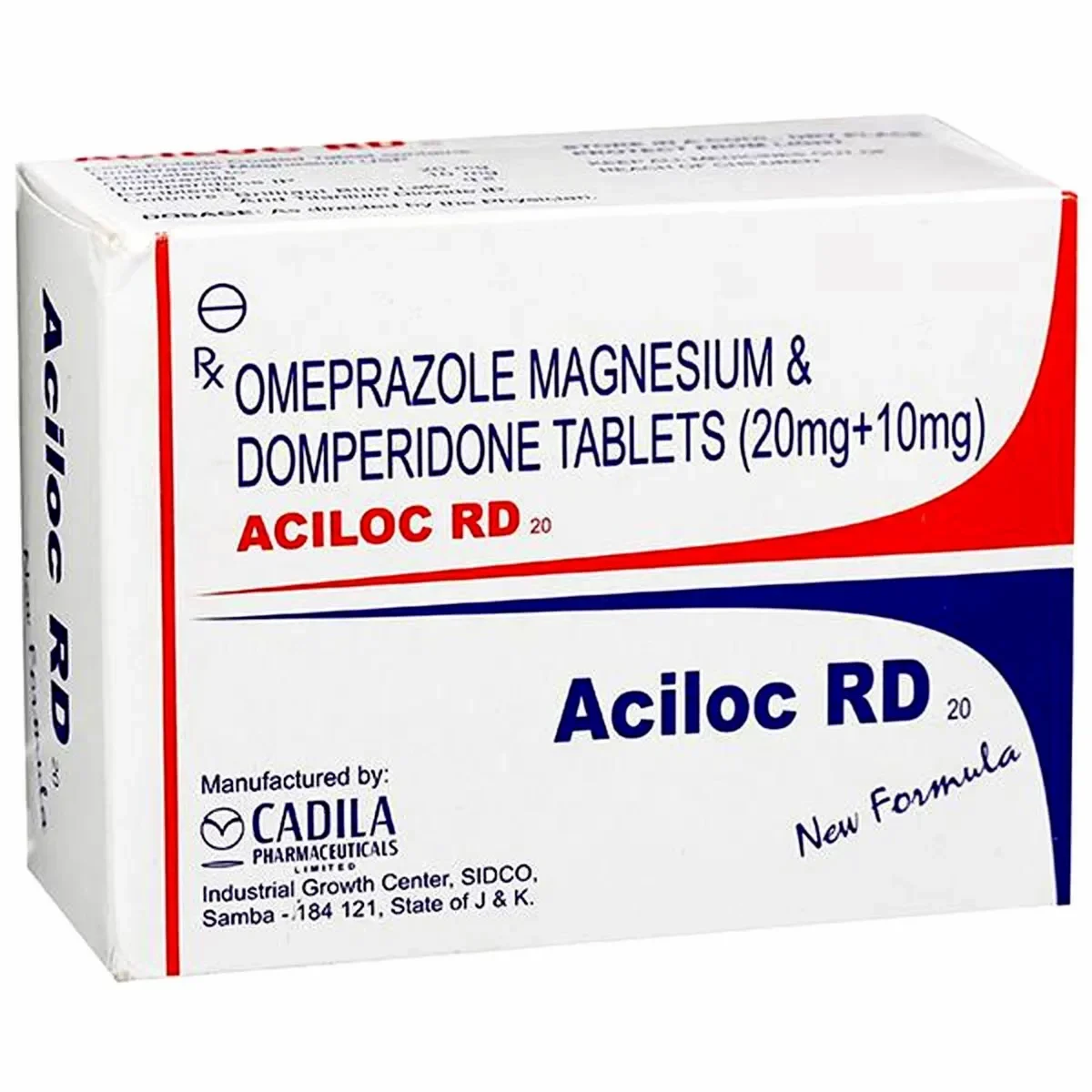Use:
It belongs to a class of medicines known as statins. These medicines are used to reduce cholesterol levels and to prevent heart disease. Cholesterol is a type of fatty substance that accumulates in the blood. When cholesterol builds up in the blood vessels, it causes them to narrow, which can cause heart attacks or strokes.
Indication:
It is one of the most commonly prescribed medications and is considered safe to use for long periods of time as long as it is taken as directed by your doctor. You may take it with or without food. You can take them at any time of day, but try to take them about the same time every day. Most people who take it for high cholesterol do not experience any ill effects, but if you stop taking it, it may raise your cholesterol levels, which can increase your risk of heart diseases and strokes. Your cholesterol levels should be checked on a regular basis. This medication is just one part of a comprehensive treatment plan that includes a balanced diet, regular physical activity, quitting smoking, drinking less alcohol, and losing weight. You can still eat your usual meals while taking this medication, but make sure to avoid high-fat foods.
Side Effects:
Some of the most common side effects with this medicine include: constipation, Flatulence, Dyspepsia, Abdominal pain.
These side effects are mild and usually go away after a few days. If they persist, talk to your doctor. Your eyes may yellow or become discolored. There could be Repeated or unexplained muscle pain.
Safety Advice:
This medicinal product is not suitable for use in certain diseases, including liver disease. It is also not recommended for use by pregnant women or breastfeeding mothers as it may cause harm to the unborn baby. Patients with diabetes should keep an eye on their blood sugar level while taking this medicinal product as it may cause blood sugar levels to rise. Your physician may assess your liver function prior to initiating the treatment and regularly monitor it after that.

